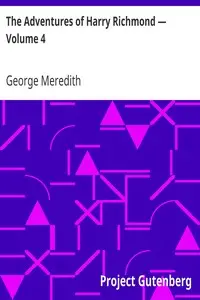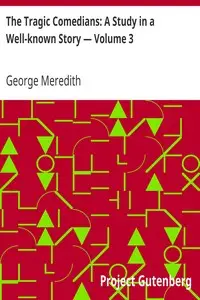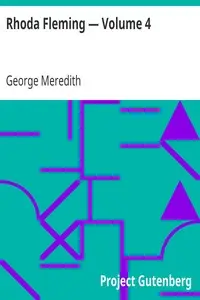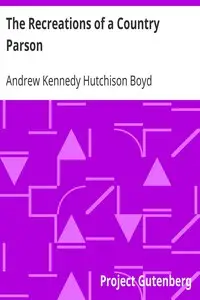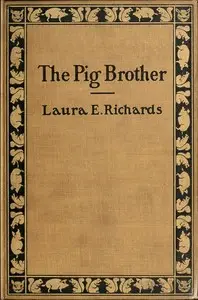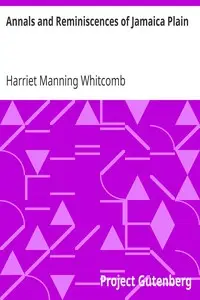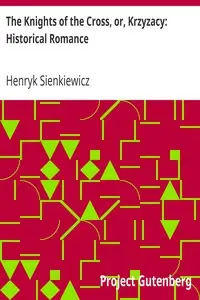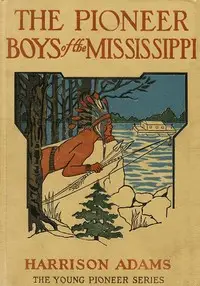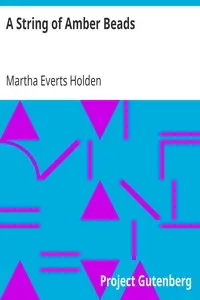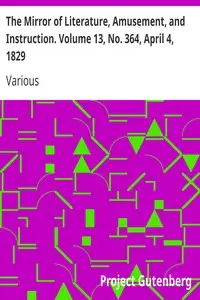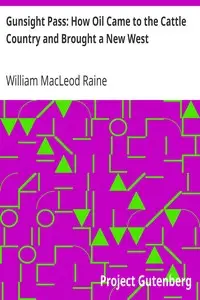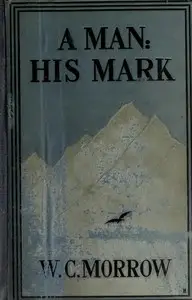"Rhoda Fleming — Volume 2" by George Meredith is a novel likely written during the late 19th century. The narrative delves into the complexities of relationships and societal expectations through the experiences of the main character, Rhoda. As the story unfolds, it explores themes of love, betrayal, and the challenges faced by the characters, particularly focusing on the interactions within the Fleming family and their acquaintances. The opening portion of the novel introduces readers to the character of Algernon, who experiences an unfortunate turn of events after being left without dinner due to a missed engagement. Through his musings and interactions, we see a deep sense of frustration and social commentary on the struggles of gentility contrasted against the backdrop of entertainment and societal expectations. His encounter at the theatre, where Rhoda’s sister, Dahlia, is revealed to be in distress, intertwines their fates. We also catch glimpses of the farmer, Mr. Fleming, and the tension surrounding his family’s dynamics, particularly concerning the absence of his daughter. The narrative sets a tone rife with emotional turmoil and hints at the complex relationships that are to develop throughout the story. (This is an automatically generated summary.)

Rhoda Fleming — Volume 2
By George Meredith
"Rhoda Fleming — Volume 2" by George Meredith is a novel likely written during the late 19th century. The narrative delves into the complexities of re...
George Meredith was an English novelist and poet of the Victorian era. At first, his focus was poetry, influenced by John Keats among others, but Meredith gradually established a reputation as a novelist. The Ordeal of Richard Feverel (1859) briefly scandalised Victorian literary circles. Of his later novels, the most enduring is The Egoist (1879), though in his lifetime his greatest success was Diana of the Crossways (1885). His novels were innovative in their attention to characters' psychology, and also portrayed social change. His style, in both poetry and prose, was noted for its syntactic complexity; Oscar Wilde likened it to "chaos illumined by brilliant flashes of lightning". Meredith was an encourager of other novelists, as well as an influence on them; among those to benefit were Robert Louis Stevenson and George Gissing. Meredith was nominated for the Nobel Prize in Literature seven times.

